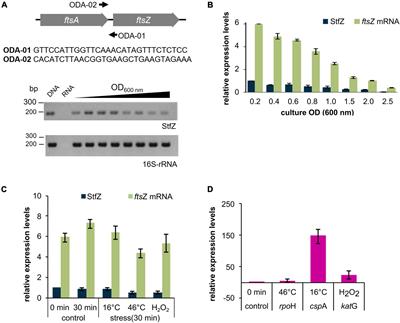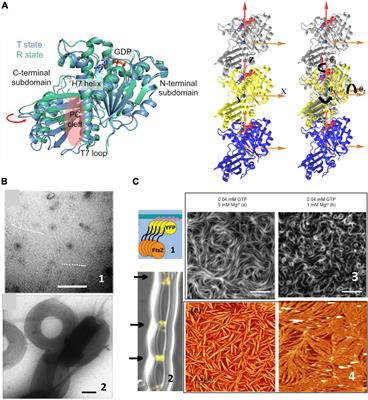ORIGINAL RESEARCH
Published on 19 Oct 2022
Complete identity and expression of StfZ, the cis-antisense RNA to the mRNA of the cell division gene ftsZ, in Escherichia coli

doi 10.3389/fmicb.2022.920117
- 1,774 views
- 3 citations
16k
Total downloads
86k
Total views and downloads
ORIGINAL RESEARCH
Published on 19 Oct 2022

ORIGINAL RESEARCH
Published on 14 Jun 2022

MINI REVIEW
Published on 03 May 2022

HYPOTHESIS AND THEORY
Published on 15 Apr 2022

ORIGINAL RESEARCH
Published on 09 Dec 2021

ORIGINAL RESEARCH
Published on 02 Dec 2021

REVIEW
Published on 18 Oct 2021

ORIGINAL RESEARCH
Published on 13 Sep 2021

REVIEW
Published on 08 Sep 2021

ORIGINAL RESEARCH
Published on 27 Aug 2021

ORIGINAL RESEARCH
Published on 18 Aug 2021

ORIGINAL RESEARCH
Published on 13 Aug 2021
